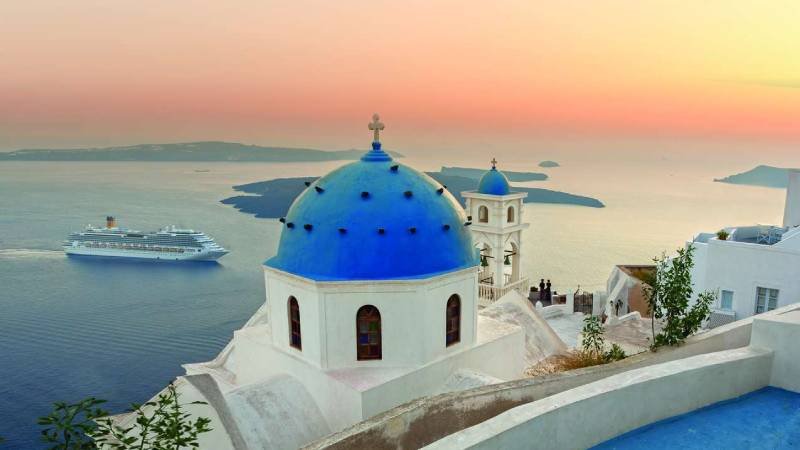As drought conditions continue to escalate across Greece’s picturesque islands, hotels are exploring innovative solutions to maintain their appeal for visitors this summer. Many establishments are considering switching from traditional freshwater pools to seawater alternatives, aiming to tackle water scarcity while providing a unique experience for their guests.
The Drought Crisis: An Overview
The Greek islands have long enjoyed a reputation for their stunning landscapes and vibrant tourism. However, recent data highlights a concerning trend: the region is facing increasingly severe drought conditions. With long, hot summers becoming the norm, water resources are becoming scarce. In response, local authorities and businesses are implementing strategies to conserve water.
Seawater Pools: A Sustainable Solution
Switching to seawater pools serves multiple purposes. It not only preserves precious freshwater resources but offers an eco-friendly alternative aligned with the region’s commitment to sustainability. Seawater pools utilize filtration systems similar to freshwater pools. They provide a refreshing bathing experience while requiring significantly less maintenance and chemical treatment.
Benefits of Seawater Swimming Pools
-
Environmental Impact: Utilizing seawater allows hotels to reduce their reliance on limited freshwater supplies, crucial for both the environment and local communities.
-
Health Advantages: Seawater is rich in minerals and has therapeutic benefits, potentially enhancing guests’ overall health and relaxation.
- Unique Experience: For many tourists, swimming in a seawater pool offers a novel and enjoyable experience, distinguishing these hotels from competitors.
Challenges and Considerations
While the transition to seawater pools presents many advantages, it is not without challenges. Hotels must invest in proper filtration and treatment systems to ensure water quality remains high. Additionally, managing the logistics of sourcing seawater and maintaining pool upkeep can present operational hurdles.
Local Hotel Responses
Hotels across several Greek islands, particularly in high-tourism areas such as Santorini and Mykonos, are already feeling the pressure to adapt. These locations anticipate a surge in demand for accommodations, making sustainable practices essential not just for the environment but also for their business models.
Many hotel owners are collaborating with local authorities and environmental groups to ensure the implementation of seawater pools is done responsibly. Such partnerships could foster a unified approach towards combatting drought and ensuring a sustainable tourism model for future generations.
Looking Forward: Tourism and Sustainability
As Greece continues to bask in the sun-drenched beauty of its islands, the tourism industry must evolve. Embracing sustainable practices, including the introduction of seawater swimming pools, aligns economic interests with environmental stewardship. The hope is that these changes not only protect the unique ecosystems of the Greek islands but also enhance the visitor experience, ultimately setting a precedent for other regions facing similar challenges.
For more information on the impacts of drought in Greece and innovative sustainability practices in tourism, you can visit National Geographic and World Wildlife Fund.
Emphasizing eco-friendly solutions, Greek hotels are not just responding to immediate challenges but are paving the way for a more sustainable future in tourism, showcasing how resilience and innovation can lead the way forward.


